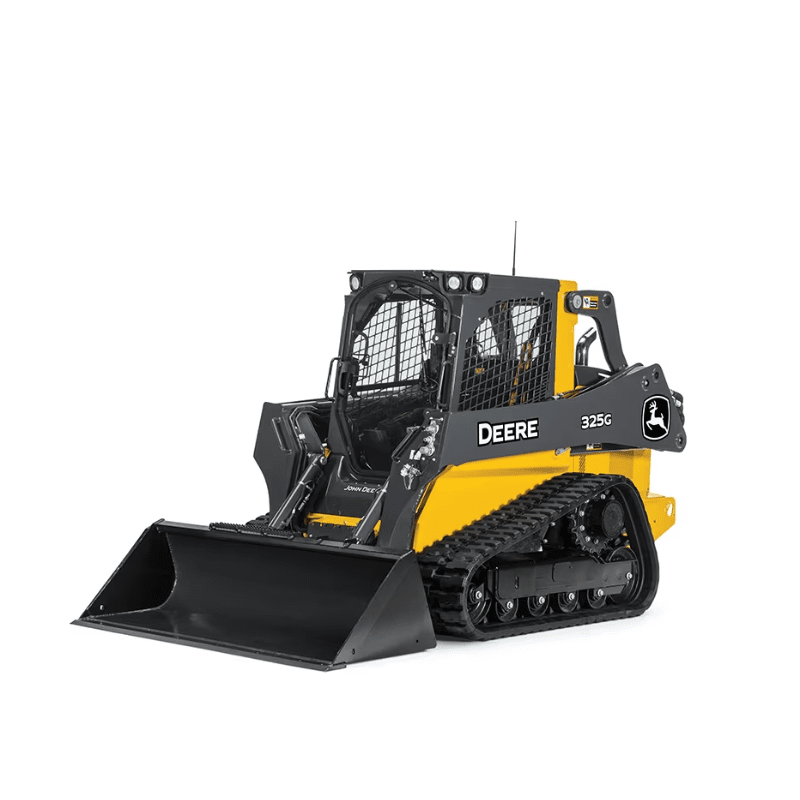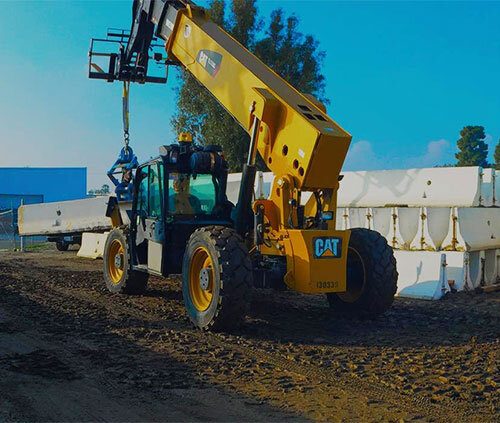Equipment Rental Company: Your Source for All Kinds Of Machinery
Equipment Rental Company: Your Source for All Kinds Of Machinery
Blog Article
Optimize Your Budget Plan by Comprehending the Costs Related To Building Equipment Services
Understanding the complete range of costs associated with building devices rentals is essential for maximizing your spending plan. While the preliminary rental cost might seem straightforward, countless extra expenses-- such as transportation, fuel additional charges, and maintenance-- can quickly gather, affecting your economic planning. Being mindful of various costs and the ins and outs of rental arrangements can aid prevent unanticipated economic concerns. What techniques can be used to properly take care of these prices and guarantee an extra efficient rental experience?
Summary of Rental Costs
When thinking about construction tools leasings, recognizing the connected costs is paramount for efficient budgeting and project preparation. Rental costs can vary considerably based on numerous elements, consisting of equipment kind, duration of service, and location. The first rental fee commonly shows the tools's market demand and its linked operational capacities, influencing the general cost.
In enhancement to the base rental price, secondary prices may develop, such as transport fees, fuel additional charges, and maintenance charges. It is necessary to account for these extra expenditures to accurately examine the total cost of leasing tools. Additionally, the rental duration can affect pricing; longer leasings might receive discounted prices, while temporary rentals may sustain greater daily costs.

Break Down of Rental Rates
An extensive understanding of rental rates is vital for specialists and job managers aiming to enhance their budget plans. Rental rates for construction equipment typically include several components, including base prices, time-based fees, and usage fees.
Base rates are the core costs linked with the leasing of the devices, typically figured out by the kind and size of the machinery. These prices can differ substantially, influenced by aspects such as devices need, accessibility, and local market fads. Time-based costs, which might be daily, weekly, or monthly, serve to fit different task timelines and rental periods.
Furthermore, rental rates might include usage costs, which apply when tools is used beyond a defined threshold, ensuring that the rental firm can represent wear and tear. Seasonal need changes can also influence rental rates, with peak construction periods commonly commanding greater costs.
Moreover, recognizing the rental business's plans concerning upkeep and insurance coverage can provide additional insight right into the overall expense framework. By evaluating these parts, specialists can make educated choices, guaranteeing the option of rental equipment lines up with both task requirements and spending plan constraints.
Extra Costs to Take Into Consideration
Understanding the ins and outs of added costs is essential for specialists to handle their overall service costs successfully. Beyond the typical rental prices, numerous auxiliary charges can dramatically impact the complete cost of equipment rental. These fees frequently include delivery and pickup fees, which can vary based on distance and logistics associated with carrying the devices to and from the task website.
Additionally, some rental business may impose fuel surcharges if the tools is returned with much less fuel than when leased. It is also necessary to be aware of potential cleaning costs, specifically for specific devices that requires complete upkeep after use.

Completely reviewing the rental arrangement and clearing up these additional costs in advance can help contractors stay clear of unforeseen costs and make sure that spending plans continue to be undamaged throughout the job lifecycle.
Maintenance and Repair Work Expenses
Normal upkeep and repair work expenditures are usually ignored factors that can dramatically influence the overall price of building tools rentals. When renting out equipment, it is visit site important to consider not only the rental costs however additionally the potential prices related to maintaining the equipment in optimal operating problem.
Several rental business consist of basic upkeep as component of the rental agreement; nevertheless, extra comprehensive fixings or unforeseen failures can bring about extra expenses. It's vital to review the rental contract thoroughly to comprehend what upkeep solutions are covered and what responsibilities drop on the tenant.
In addition, devices that is not well-kept can result in inadequacies at work website, possibly raising and creating hold-ups task prices. To reduce these dangers, it is suggested to perform normal inspections and maintain open interaction with the rental company relating to any type of problems that develop during use.
Insurance Policy and Responsibility Prices
Insurance policy and responsibility expenses are vital elements why not try this out that can dramatically influence the total cost of building equipment rentals (scissor lift rental). These expenses make sure that both the rental business and the client are shielded from prospective financial losses arising from accidents, damages, or burglary during the rental duration

Furthermore, clients must understand any kind of deductibles or exemptions in the insurance plan, as these can impact possible out-of-pocket costs. Recognizing the terms and conditions of any kind of insurance protection is important to stay clear of unexpected prices. Ultimately, budgeting for insurance coverage and liability expenses can aid ensure a smoother rental experience and protect against economic threats connected with building tasks.
Conclusion
In final thought, a Your Domain Name detailed understanding of the expenses connected with building devices rentals is important for effective spending plan monitoring. Eventually, notified decision-making concerning equipment services adds to the overall success of construction endeavors.
Rental prices can differ substantially based on a number of factors, consisting of equipment kind, period of service, and location (heavy equipment rental). The rental period can influence prices; longer leasings may certify for reduced rates, while short-term services may sustain greater daily costs
By performing detailed research study and engaging with reputable rental firms, professionals can efficiently browse the intricacies of rental pricing, inevitably maximizing their economic resources.
Past the basic rental prices, different additional costs can considerably influence the total price of equipment service. Rental business often supply responsibility insurance coverage that covers injuries to 3rd parties or damages to residential property, while devices damages insurance can cover the expense of fixings or replacement if the rented equipment is harmed.
Report this page